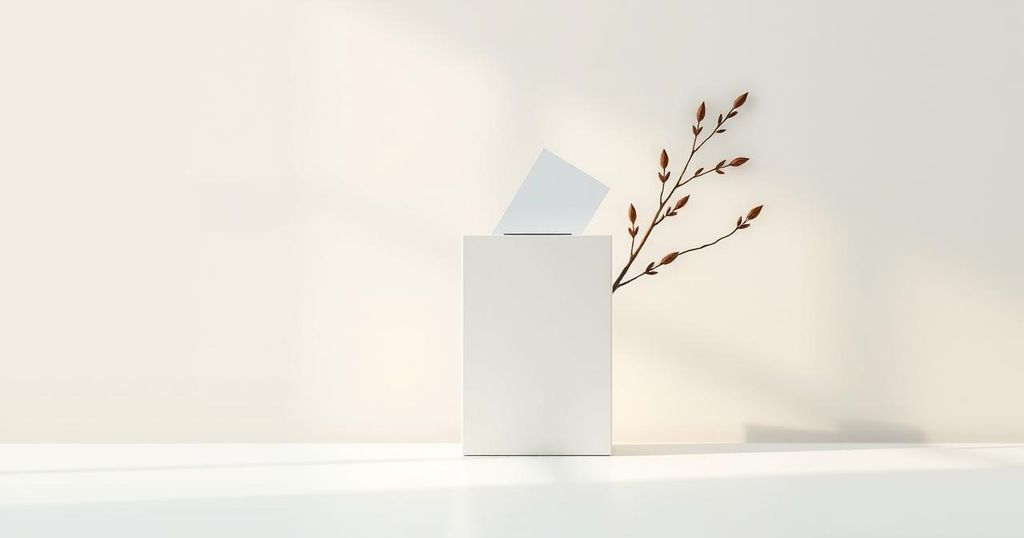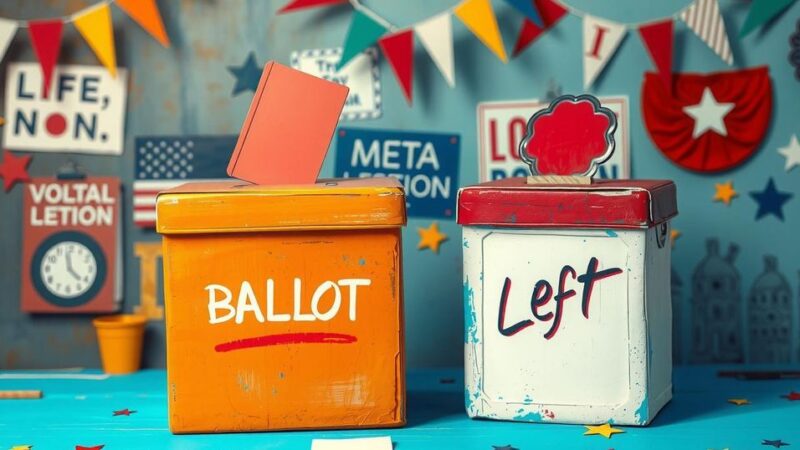Opposition parties in Cameroon are urging electoral reforms before the October 2025 elections. They have submitted 66 proposals to President Paul Biya for a revised electoral code, arguing that the current system favors the ruling party. The proposals aim for a more equitable electoral framework and will require parliamentary approval either in March or June.
Cameroon’s coalition of opposition parties and civil society organizations has reiterated its call for electoral reforms as the October presidential elections approach. They have formally submitted proposals for a revised electoral code to President Paul Biya. This document, received by the Presidency’s mail service, aims to establish a more equitable electoral framework and includes 66 proposals developed through consensus among the opposing factions.
Koupit Adamou, a Member of Parliament representing the Union for Democratic Change (UDC), acted as the designated envoy to deliver the proposals to the Unity Palace. The opposition asserts that the current electoral code unduly favors the ruling party, hence the urgency for reform. The proposed amendments will need parliamentary approval, which could either commence in March or be delayed until June to ensure updated regulations are in place before the elections.
In a prior correspondence dated January 10, President Biya addressed Hermine Patricia Tomaïno Ndam Njoya, National President of the UDC, indicating the absence of the original draft for electoral reform. The latest submission seeks to feed back into the reform dialogue and advance the process toward establishing a more fair electoral system ahead of the upcoming elections.
In conclusion, the opposition parties in Cameroon are seeking significant electoral reforms prior to the presidential elections scheduled for October 2025. The submission of 66 proposals reflects a concerted effort to ensure fairness within the electoral process, addressing biases that currently favor the ruling party. The proposed revisions must pass through Parliament, thereby highlighting the political processes at play in shaping the electoral landscape.
Original Source: globalsouthworld.com






